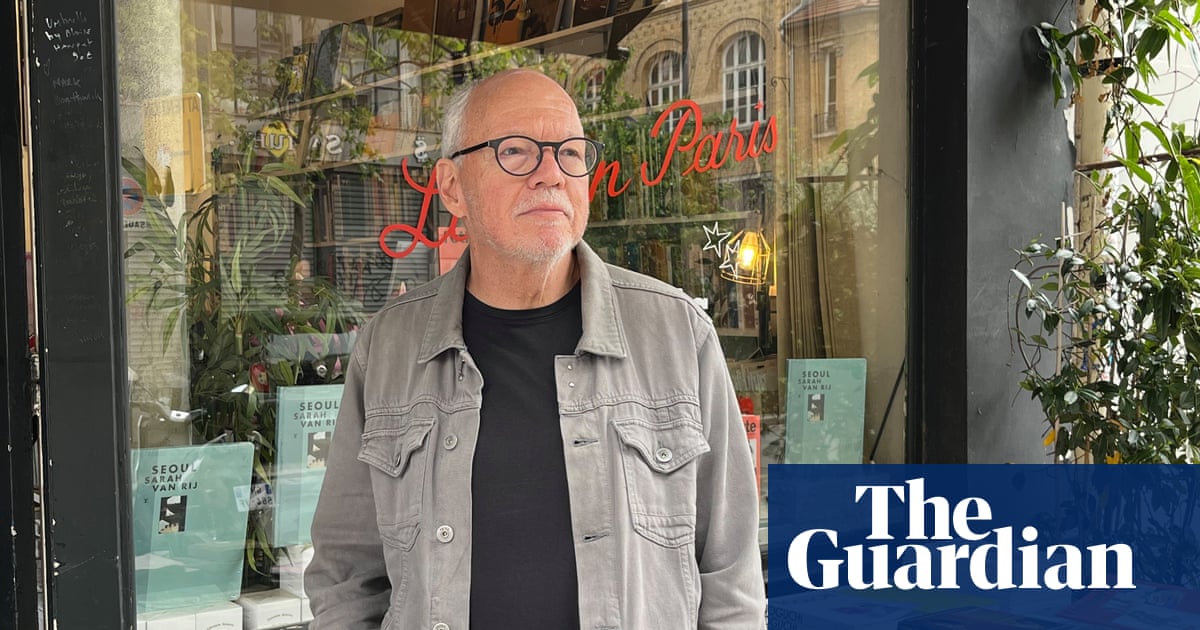
At his 65th birthday party, Scott Wright’s wife, Martha, made a toast. Her speech, in front of their friends and family, highlighted the accomplishments of Wright’s eclectic career.
He had grown up in Chicago, she began, starting out as a radio DJ, before working as a promotion executive for the record label Epic on campaigns for Michael Jackson, Pearl Jam and Céline Dion. In 1999, he had moved on again, to Napa Valley, California, to pursue his dream of making wine. He and Martha had sold the business in 2014, with Wright turning to film-making.
“And then,” Wright says, “she noted that I had a reputation for being a bit of a dick.”
Martha’s words gave Wright the push he needed to “start getting serious about figuring out who the hell I was”. To this end, in March, at 68, he travelled to Mexico for his first psychedelic experience.
He had read Michael Pollan’s 2018 book, How to Change Your Mind, as well as the research of Roland Griffiths, a professor in psychiatry and neuroscience, and expected “a very intimate and personal” trip.
“I couldn’t imagine getting the full experience in a room full of people on their own journeys,” he says. So he booked a one-to-one retreat for “young elders”, run by Maria Camille, in San Miguel de Allende.
On day one, Camille instructed Wright to compose a letter to the mushroom, “expressing my intentions and thoughts and fears”. On day two, Wright took psilocybin, the hallucinogenic chemical contained in magic mushrooms, in small squares of dark chocolate.
“The next four and a half hours were the most profound, intense and mind-blowing minutes I have ever spent,” he says. “Above and beyond everything else, it’s an amazing light show. Once the rocket took off, I was holding on for dear life, but it turned out to be good … People say it’s like 20 years’ worth of therapy in a few hours, and I think that’s spot on.”
He saw visions of his late mother, his late mother-in-law and his daughter. When it was over, he crawled into bed “and cried like a baby”.
The experience felt like being reborn, he says: “I felt myself being squeezed through a canal. At one point, I could really feel something pressing on my body and I was being pushed through something. I have felt like a very, very different person since that experience.”
In his late 50s, Wright had begun to embrace “new stuff”: running marathons, tattoos. “I have always been a bit of a seeker, getting out of my comfort zone,” he says. But Martha’s birthday toast instigated more meaningful change. “We started doing couples therapy. I committed to a meditation process.”
In 2016, Wright had started making documentaries, most recently about the singer John Waite. Now, a film with Camille about the retreat is in pre-production. He has recently turned to writing, with a screenplay based on his time as a DJ. “I think this may be the last career,” he says.
Does he feel he has got to the bottom of what Martha meant in her toast? “I was successful and I had big jobs, but I was actually very insecure and I always had this problem of feeling ‘less than’. As a result, I acted out and was braggadocious and negative to other people,” he says. “I was aware of it. I had already started to turn the corner. But that definitely helped me to focus.”
Did the psychedelic experience change him? “Hopefully it has made me a more honest, nicer, kinder person ... I’ve historically been very kind with Martha, but not with humanity as a whole. She’s happy to see me making moves in that direction.”












